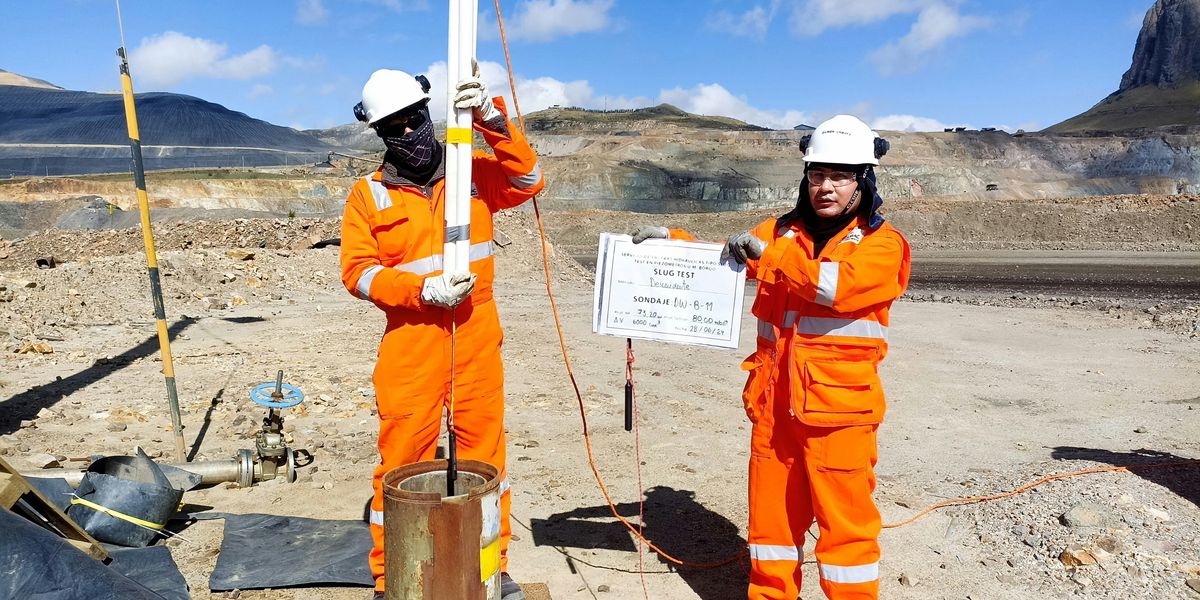brazil flooding
Rain-induced flooding devastates Black communities in southern Brazil
Severe flooding in Porto Alegre, Brazil, disproportionately impacted the city's Black residents, exacerbating existing inequalities and causing widespread displacement and damage.
In short:
- Torrential rains flooded Marcelo Moreira Ferreira’s home in Porto Alegre, forcing him and his family to evacuate.
- Research shows the hardest-hit areas have a high proportion of Afro-Brazilian residents, highlighting systemic inequality.
- Brazil’s federal government has announced aid, but many affected, including Ferreira, find it insufficient.
Key quote:
“I’m afraid the water will rise again, but we came back because it’s the only place we have.”
— Marcelo Moreira Ferreira, resident
Why this matters:
Flooding in Porto Alegre reveals deep-seated racial and socio-economic disparities, with Black communities facing the harshest consequences. Rising global temperatures and altered precipitation patterns are contributing to more extreme and unpredictable weather, posing a growing threat to vulnerable populations.
Severe flooding in Southern Brazil displaces more than 600,000 people
Relentless rains in southern Brazil have caused devastating floods, leaving hundreds of thousands displaced and rescue efforts ongoing as the water continues to rise.
In short:
- Heavy rains in Rio Grande do Sul state resulted in over 150 deaths and displaced more than 600,000 people, with some areas receiving over 20 inches of rainfall.
- Extensive rescue operations involve 31,000 soldiers, police, and volunteers using helicopters and jet skis to reach stranded residents and animals.
- The flooding is attributed to El Niño and climate change, highlighting the region's vulnerability and lack of adequate flood prevention infrastructure.
Key quote:
“When we stop everything to respond to fake news, we’re diverting public resources and energy away from what really matters, which is serving the public.”
— Jorge Messias, Brazil’s Attorney General
Why this matters:
As climate change intensifies weather patterns, the frequency and severity of such extreme events are increasing. Southern Brazil's infrastructure, like many regions worldwide, is struggling to keep pace with these changes. Aging drainage systems, inadequate flood defenses, and insufficient urban planning have all contributed to the widespread destruction seen today.
More:














